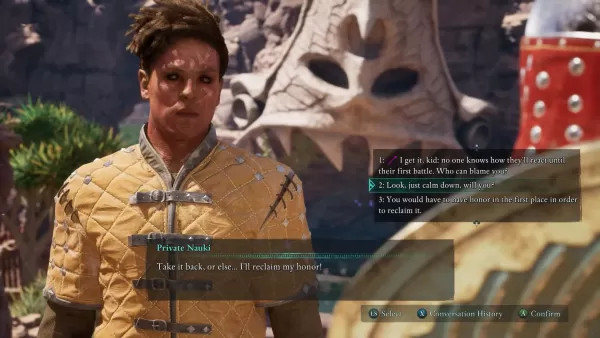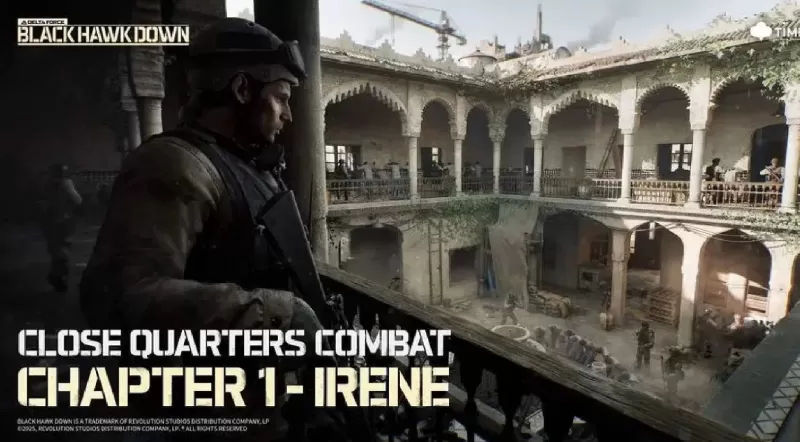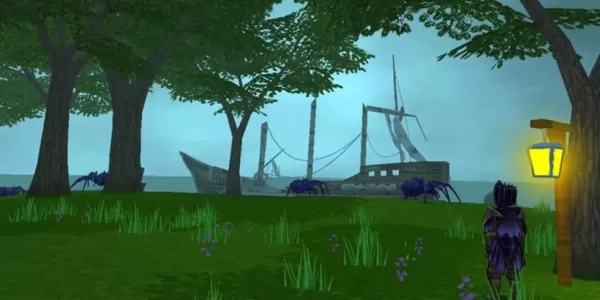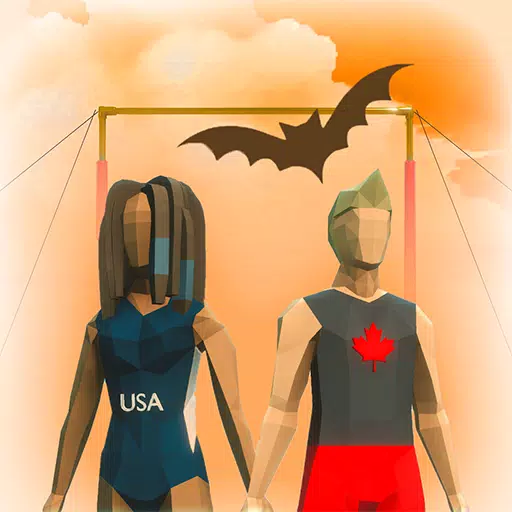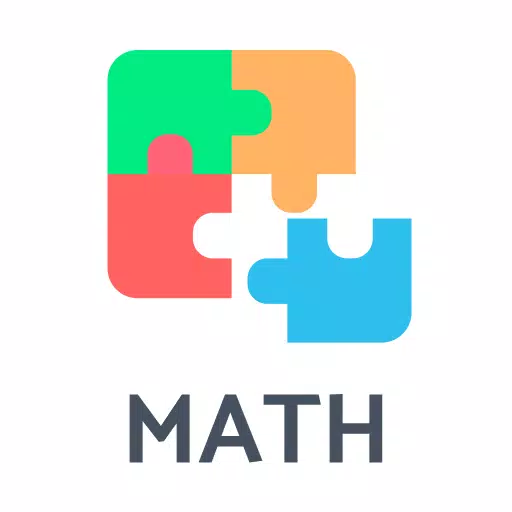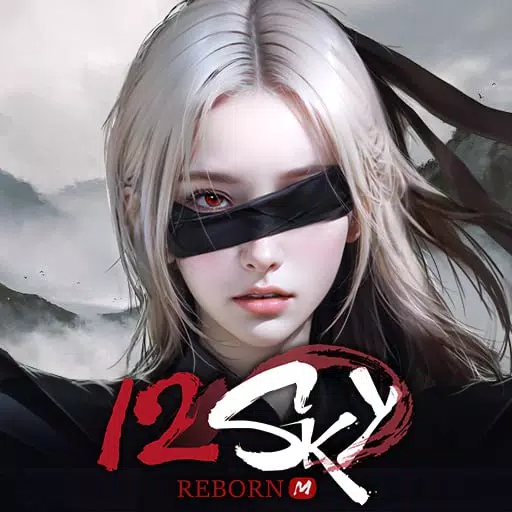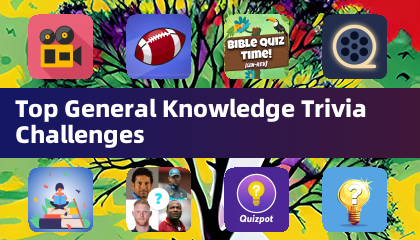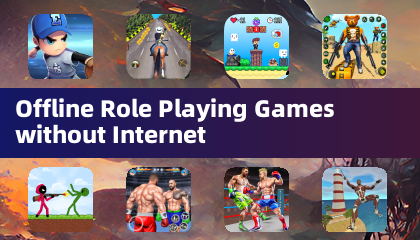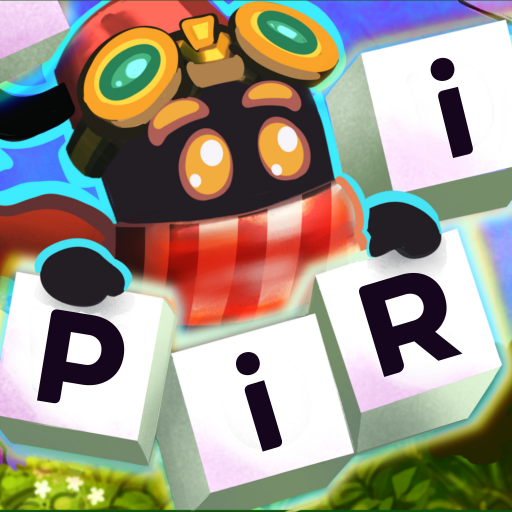Microsoft's recent unveiling of an AI-generated interactive space inspired by Quake II has ignited a heated debate across the gaming community. The demo, powered by Microsoft's Muse and the World and Human Action Model (WHAM) AI system, promises to dynamically create gameplay visuals and simulate player behavior in real-time, offering a glimpse into a future where games might be crafted entirely by AI.
According to Microsoft, this tech demo showcases "gameplay sequences inspired by the classic game Quake II," where each player input triggers the next AI-generated moment, mimicking the feel of playing the original game. Microsoft positions this as a groundbreaking approach to game interaction, suggesting it could shape the future of AI-powered gaming experiences.
However, the demo's reception has been largely negative. After Geoff Keighley shared a video on X / Twitter, the response from the gaming community was swift and critical. Many expressed concerns over the potential loss of the human element in game development, fearing that AI-generated content could become the norm, driven by cost-saving motives rather than creative passion.
Critics on platforms like Reddit voiced their dismay, with one user lamenting the prospect of AI-generated "slop" becoming the future of games, while another criticized Microsoft's ambitions to build an entire catalog of AI-generated games, questioning the technology's readiness for such a task.
Despite the backlash, some defended the demo as a promising sign of future possibilities, emphasizing its role as a tool for early concept development rather than a finished product. They argue that the technology's ability to create a coherent and consistent world is impressive and could lead to advancements in other AI applications.
The debate extends beyond this demo, touching on broader issues within the gaming and entertainment industries, including ethical concerns, rights issues, and the quality of AI-generated content. The recent use of generative AI in games like Call of Duty: Black Ops 6 and the controversy surrounding an AI-generated Aloy video highlight the ongoing tension between technological innovation and the traditional craft of game development.
As the industry grapples with these challenges, the conversation around AI's role in gaming continues to evolve, reflecting broader concerns about the future of creative work in an increasingly automated world.


